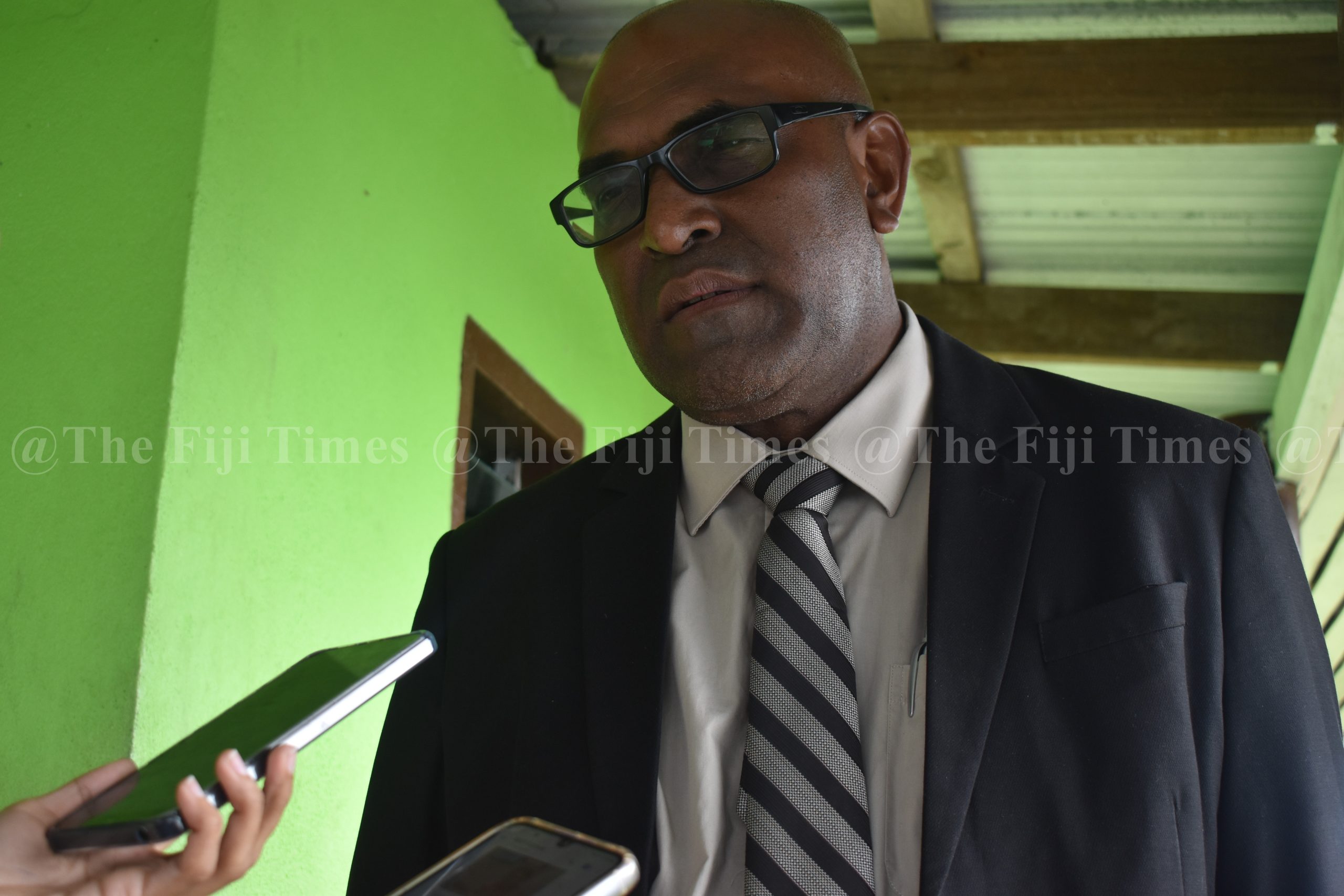Minister for Health Dr Ratu Atonio Lalabalavu makes a very good point.
Wellness doesn’t begin at the hospital door; it begins with what people eat every day in their homes, in schools, in shops, and on the street.
Dr Lalabalavu highlighted this at the launch of the Front-of-Pack Nutrition Labelling Workshop in Suva this week.
Every Fijian, he said, deserves access to clear, honest food information.
Every child, he said, deserves protection from misleading marketing. And every policymaker, health worker, teacher, and citizen has a role to play.
Let’s face it! What children eat now lays the groundwork for their health in adulthood.
The foods introduced to young bodies influence habits and disease risk later in life.
Thus, parents and guardians hold a powerful role in guiding children towards nutritious choices, ensuring that healthy eating becomes a natural, lifelong habit.
We should be promoting education, encouragement, and creating an environment where healthy choices are accessible and affordable.
The food landscape around us often makes it easier to choose processed, sugary, or high-fat options because of the cost factor and convenience. Sometimes it is because of aggressive marketing!
This is where government policy can and must make a difference.
We look to the powers that be to promote and prioritise making nutritious food affordable and widely available.
As the workshop concluded, the commitment to “listen, discuss, map out solutions, and most importantly, act” demonstrated a hopeful path forward.
Yet, the real change will happen when policies translate into everyday reality, supported by communities and families who choose health first.
For parents and guardians, the message is simple but profound. What we feed our children today influences the adults they will become.
By fostering healthy eating habits early, we are investing in a future where they can thrive free from preventable diseases.
So, we look to policymakers to craft supportive regulations, to educators and health workers to advocate and educate, and for us all to embrace our role in building a food environment that nurtures good eating habits.
From what we pack in lunchboxes, to the meals we share around the table, to the choices we make in the marketplace, these actions will shape the health of our nation.
As Dr Lalabalavu rightly states, we are the ones to lead this change.
This is not just a matter of policy or health statistics. It is a call to action for every parent, guardian, and community member to protect our children’s future.
What we eat today sets the base for how our health develops tomorrow!

